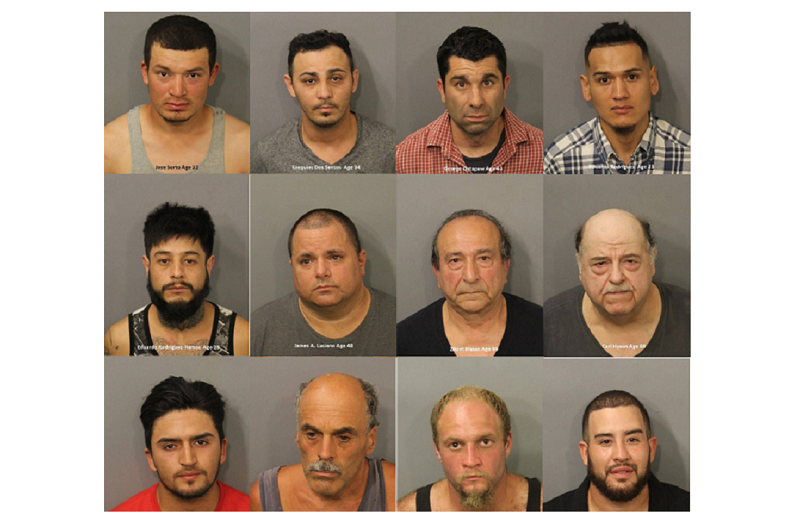
WEIGHT: 46 kg
Bust: Large
One HOUR:60$
Overnight: +100$
Sex services: Role playing, Lesbi-show hard, Oral, 'A' Levels, Tie & Tease
At the murder trial of a defendant who, prior to his arrest, had willingly involved himself with the police investigation of the murder and had had frequent contact with police officials over an extended time, the judge correctly concluded that the defendant's inculpatory conduct and statements to the police, after being repeatedly advised of his rights, were voluntary in the constitutional sense. At a murder trial the judge did not abuse her discretion by refusing to permit defense counsel to cross-examine the chief prosecution witness concerning an unrelated murder to which the witness had admitted pleading guilty, where it did not appear that the details of that offense could tend to prove the witness's bias against the defendant, and where the defense had elicited numerous other admissions from the witness damaging to her credibility.
The record of a criminal trial amply supported the judge's conclusion that the jury's ability to render a verdict fairly and impartially was unaffected by a conversation between two jurors, and overheard by several others, concerning the weight to be given certain expert testimony.

At a criminal trial it lay within the judge's discretion to allow the chief prosecution witness to testify on redirect examination that the defendant had given her drugs when she was eleven years old, where defense counsel, on cross-examination of the witness, had elicited admissions of drug abuse and had not moved to strike her unresponsive testimony that she had been given drugs by the defendant.
At a murder trial, the Commonwealth introduced sufficient evidence to allow the judge to conclude that a witness was qualified as an expert in forensic dentistry. At a murder trial the prosecution was not required to establish the identity of the victim's body by real evidence, but could choose to rely upon oral testimony. A comment by the prosecutor in closing argument at a murder trial, characterizing the defendant's inculpatory conduct as "close to confessing his involvement" in the crime, was adequately dealt with by the judge in her instructions to the jury and thus was not so prejudicial as to require reversal of the defendant's conviction.

At a criminal trial the judge's instructions to the jury respecting alibi, when considered in their entirety, presented no possibility of prejudice to the defendant. Phillip L. Veary, Jr. Andre O. Maltais was convicted of murder in the first degree of Barbara Ann Raposa. He appeals his conviction, alleging errors of law and seeking relief, in addition, pursuant to G.



































